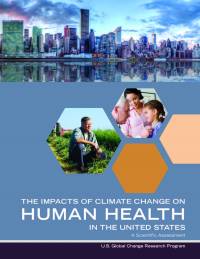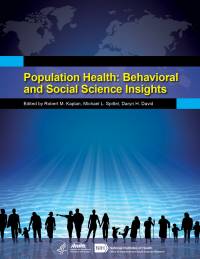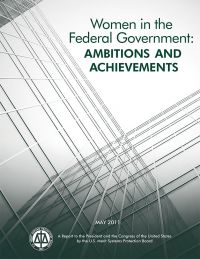
This comprehensive book presents the major findings and selected highlights from Climate Change Impacts in the United States, the third National Climate Assessment. The National Climate Assessment assesses the science of climate change and its impacts across the United States, now and throughout this century. It documents climate change related impacts and responses for various sectors and regions, with the goal of better informing public and private decision-making at all levels. A team of more than 300 experts (see page 98), guided by a 60-member National Climate Assessment and Development Advisory Committee (listed on page ii) produced the full report – the largest and most diverse team to produce a U.S. climate assessment.
The assessment draws from a large body of scientific peer-reviewed research, technical input reports, and other publicly available sources; all sources meet the standards of the Information Quality Act. The report was extensively reviewed by the public and experts, including a panel of the National Academy of Sciences, the 13 Federal agencies of the U.S. Global Change Research Program, and the Federal Committee on Environment, Natural Resources, and Sustainability.
Agency/ Author Biography:
The US Global Change Research Project (USGCRP) is a federation of the research components of 13 federal departments and agencies that supports the largest investment in climate and global change research in the world. USGCRP coordinates research activities across agencies and establishes joint funding priorities for research. USGCRP’s Strategic Plan, adopted in 2012, focuses on four major goals: advance science, inform decisions, conduct sustained assessments, and communicate and educate.1 The USGCRP agencies maintain and develop observations, monitoring, data management, analysis, and modeling capabilities that support the nation’s response to global change.
The agencies that comprise the USGCRP are:
U.S. Department of Agriculture
U.S. Department of Commerce
U.S. Department of Defense
U.S. Department of Energy
U.S. Department of Health & Human Services
U.S. Department of the Interior
U.S. Department of State
U.S. Department of Transportation
U.S. Environmental Protection Agency
National Aeronautics and Space Administration
National Science Foundation
The Smithsonian Institution
U.S. Agency for International Development
Climate Change and the American People .................. 1
About This Report ....................................................... 3
1. Overview ................................................................. 7
2. Our Changing Climate ............................................. 19
SECTORS ...................................................................... 68
3. Water ...................................................................... 69
4. Energy ..................................................................... 113
5. Transportation ........................................................ 130
6. Agriculture ............................................................... 150
7. Forests ..................................................................... 175
8. Ecosystems ............................................................. 195
9. Human Health ......................................................... 220
10. Energy, Water, and Land ...................................... 257
11. Urban .................................................................... 282
12. Indigenous Peoples ............................................... 297
13. Land Use and Land Cover Change ......................... 318
14. Rural Communities ................................................ 333
15. Biogeochemical Cycles .......................................... 350
REGIONS ...................................................................... 369
16. Northeast .............................................................. 371
17. Southeast .............................................................. 396
18. Midwest ................................................................ 418
19. Great Plains ........................................................... 441
20. Southwest ............................................................. 462
21. Northwest ............................................................. 487
22. Alaska .................................................................... 514
23. Hawaii and Pacific Islands ..................................... 537
24. Oceans ................................................................... 557
25. Coasts .................................................................... 579
RESPONSE STRATEGIES ............................................... 619
26. Decision Support ................................................... 620
27. Mitigation .............................................................. 648
28. Adaptation ............................................................ 670
29. Research Needs ..................................................... 707
30. Sustained Assessment ........................................... 719
APPENDICES
Appendix 1: Process .................................................... 727
Appendix 2: Information Quality................................. 733
Appendix 3: Climate Science ....................................... 735
Appendix 4: FAQs ........................................................ 790
Appendix 5: Scenarios and Models ............................. 821
Appendix 6: Future Assessment Topics....................... 826
Abbreviations and Acronyms ...................................... 828
Product Details
- U.S. Global Change Research Project;, Jerry M. Melillo, Terese (T.C.) Richmond, and Gary W. Yohe, Editors






